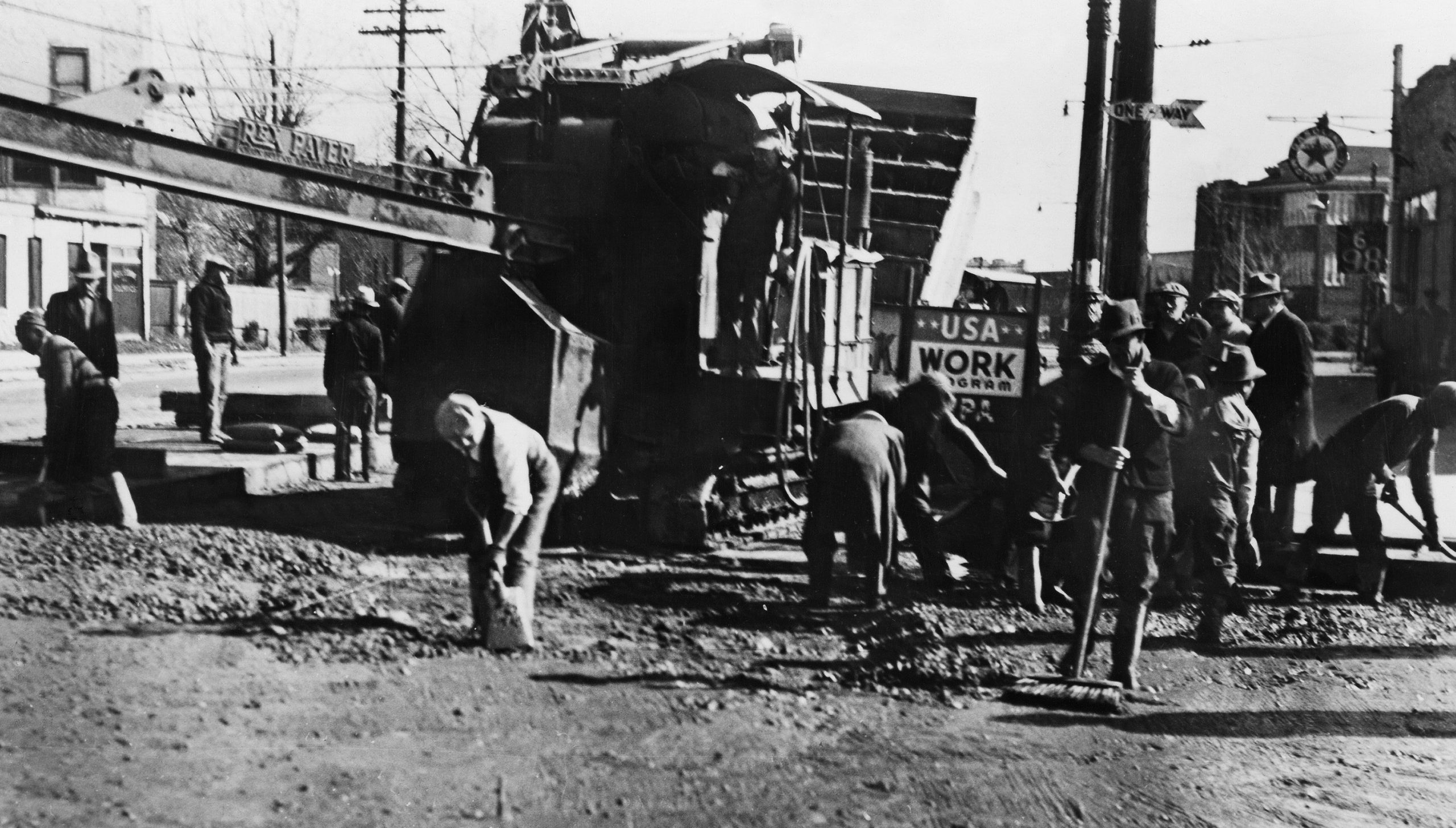
The New Deal was primarily conceived as a solution to the economic crisis of the Hoover years and it delivered significant improvements. Millions of jobs were created (unemployment fell by over 5 million between 1933 and 1938), production rose steadily and infrastructure, resources and services were all developed as part of the various schemes involved with the programme. The banking crisis was averted, businesses stopped failing and the economy became secure as a result.
Closely linked to the importance of economic improvement was the need to provide for the welfare of US citizens. Emergency schemes resolved the crisis of the Great Depression by providing food and shelter for the poor. Workers and farmers benefited from the New Deal as their incomes rose and opportunities grew. The Wagner Act provided crucial protection for workers by legally securing their rights to form unions and campaign for improved pay and working conditions.
Your organisation does not have access to this article.
Sign up today to give your students the edge they need to achieve their best grades with subject expertise
Subscribe




